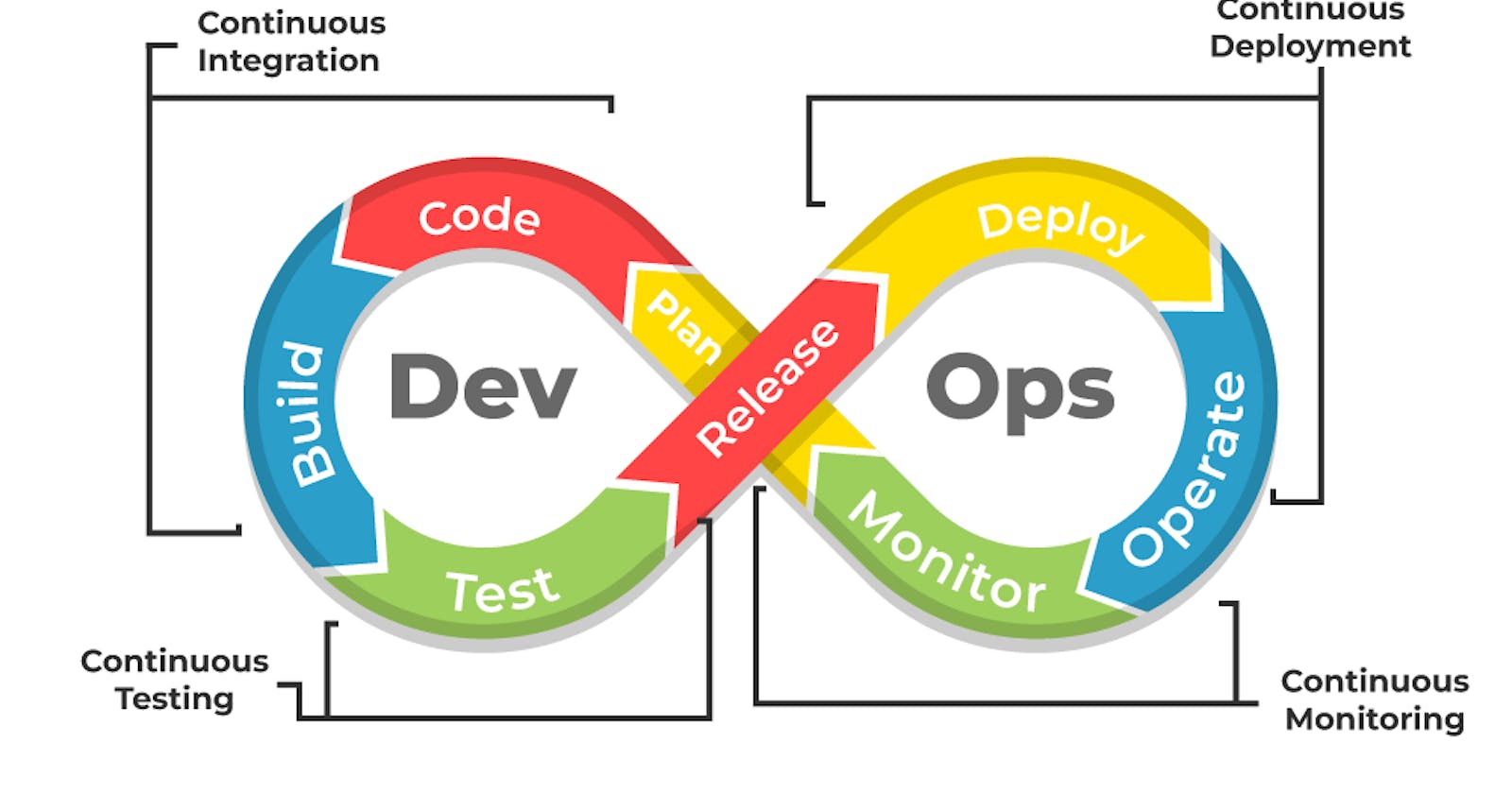A DevOps engineer plays a crucial role in bridging the gap between development and operations teams, focusing on creating an efficient and collaborative environment. Here are some common roles and responsibilities:
Automation: Designing, implementing, and maintaining automated processes for continuous integration (CI) and continuous deployment (CD) to facilitate frequent and reliable software releases.
Infrastructure Management: Managing infrastructure as code (IaC), using tools like Terraform or Cloud Formation to provision and configure resources on cloud platforms or on-premises.
Collaboration: Facilitating communication and collaboration between development, operations, and other stakeholders to ensure a smooth workflow and faster delivery cycles.
Tooling and Integration: Identifying, evaluating, and implementing DevOps tools and technologies that improve efficiency, such as version control systems (e.g., Git), CI/CD tools (e.g., Jenkins, GitLab CI/CD), containerization (e.g., Docker), and orchestration tools (e.g., Kubernetes).
Monitoring and Logging: Setting up monitoring tools to track system performance, identify issues, and ensure scalability. Managing logs and implementing solutions for log aggregation and analysis.
Security: Integrating security practices into the development pipeline, implementing security measures, and ensuring compliance with industry standards and regulations.
Continuous Improvement: Analyzing existing processes and workflows, identifying bottlenecks, and implementing improvements to enhance efficiency and reliability.
Deployment Strategies: Implementing deployment strategies like blue-green deployments, canary releases, or feature flagging to minimize downtime and risks during software releases.
Incident Response: Developing and implementing strategies for incident response, including creating run books, defining escalation procedures, and participating in incident management.
Documentation: Creating and maintaining documentation for processes, configurations, and best practices to ensure knowledge sharing and smooth on boarding of new team members.
DevOps engineers often require a combination of technical skills (scripting, automation, cloud platforms, etc.) and soft skills (collaboration, problem-solving) to effectively fulfill these responsibilities and drive a culture of continuous improvement within the organization.

